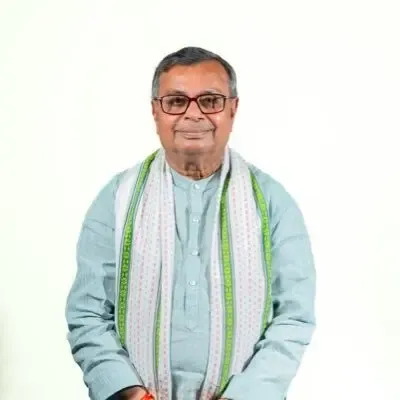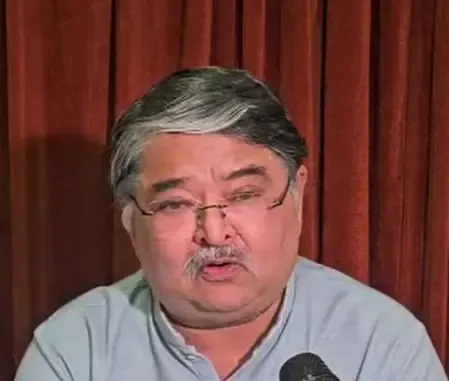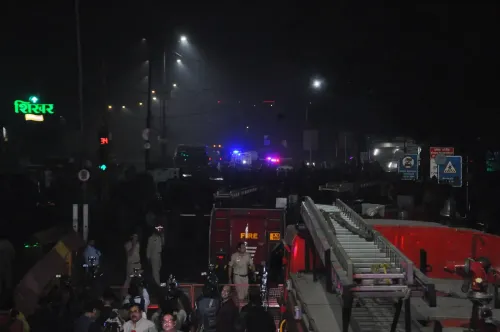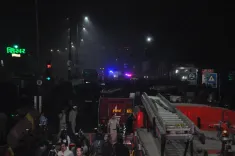Is Rahul Gandhi's Call for Digital Voter Lists Legally Justifiable?

Synopsis
Key Takeaways
- Rahul Gandhi's demand for digital voter lists may lack legal support.
- The Supreme Court ruling favors the Election Commission's current practices.
- This issue has been a longstanding point of contention for the Congress party.
- Transparency in electoral processes remains a critical discussion.
- Legal frameworks dictate the format of electoral roll distribution.
New Delhi, June 26 (NationPress) The ongoing request by the Leader of the Opposition (LoP) in the Lok Sabha, Rahul Gandhi, for the Election Commission of India (ECI) to furnish machine-readable digital copies of the voter lists for the upcoming 2024 Lok Sabha elections and subsequent Vidhan Sabha elections seems to lack legal grounds, according to constitutional experts and insiders on Thursday.
Sources within the Election Commission mentioned that a prior ruling by the Supreme Court has already clarified the issue in favor of the election authority.
Their insights suggest that Rahul Gandhi's ongoing push for 'machine-readable digital copies' is merely a publicity effort, since the apex court has previously denied such a request.
Insiders provided excerpts from the Supreme Court’s ruling concerning a writ petition filed in 2018 by Kamal Nath, then president of the Madhya Pradesh Congress Committee, which stated, “The format in which the draft electoral roll is provided to the petitioner meets the requirements outlined in the Election Manual.”
“If the petitioner desires, he can always convert it into searchable mode, which would require his own effort,” noted the Supreme Court judgment.
Election Commission insiders highlighted this apex court ruling in light of Rahul Gandhi’s allegations of a 'fixed election' in Maharashtra last November and the Commission's invitation for him to engage in a clarification session, which he has yet to accept.
“While it is factually correct that Rahul Gandhi, as the Leader of the Opposition, has been advocating for a machine-readable digital copy of the electoral roll for the past seven months, this demand is not new for the Congress,” stated an official source.
It appears that this request is part of a strategy the Congress has pursued for over eight years, a fact that seems to have been selectively overlooked in the current representation.
“Historically, the position maintained by the Indian National Congress does not hold within the framework of current legal stipulations. This very issue has previously been raised by the Congress before the highest constitutional court of the nation,” he added.
An insider from the ECI referenced the Supreme Court's decision which stated: “We find merit in the submission of ECI. Clause 11.2.2.2 of the Election Manual specifies the term ‘text mode’. The draft electoral roll in this mode, i.e., text mode, has been provided to the petitioner. The clause does not stipulate that the draft electoral roll must be displayed in a ‘searchable PDF’ on the Chief Electoral Officer's website.”
“Consequently, the petitioner cannot assert, as a right, that the draft electoral roll should be available online in a ‘searchable mode’. It only needs to be in ‘text mode’, and that requirement has been fulfilled,” stated the SC verdict, as reiterated by the expert.









